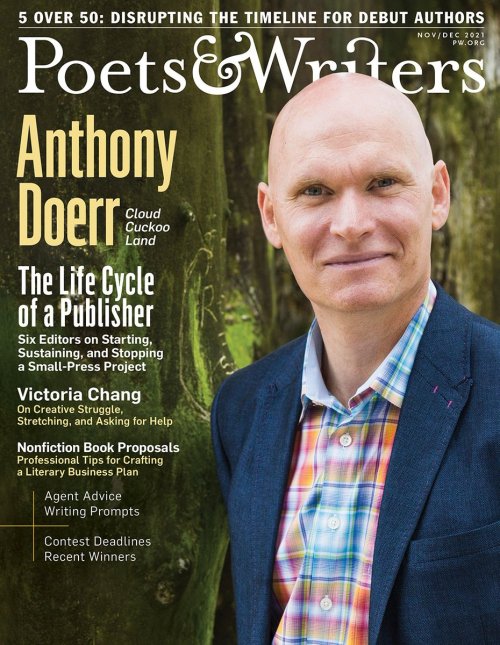#debut authors

¡Qué bonita bandera! AKA what heritage(s) do you claim?
My father is a Mexican immigrant and my mother was born in New York, of Dominican parents. A bit of both heritages have trickled down to my sisters and I.
When was the first time you saw yourself represented?
In the hit 80s TV show CHiPs. It was filmed in southern California, where I was living. It’s hard to overstate the impact of dark-skinned Erik Estrada, accidental star of the show, on a little Latino kid. Miraculously, he didn’t portray a manual laborer or the bad guy. He played a charming cop who chased down criminals and hooked up with beautiful women.
How do you connect to your heritage through your books (if at all)?
In my first book, the main character has grown up in Florida without much family around. He’s a Latino kid who is sometimes rejected by his own for not speaking Spanish well. He doesn’t have a very strong connection to his heritage, which was my own experience growing up.
The book I’m currently writing features some culture from Mexico, where I’ve lived as an adult for many years. The main character has dual identities, Mexican and American. At times these identities overlap and at other times they clash. That sort of reflects my life now.
What do you hope for the future of Latinx books?
Diversity! Latinx people have different socioeconomic statuses, different struggles, and passions. Unfortunately, some people in publishing expect our characters to reinforce their conceptions of what it means to be Latinx. Authors are still told their characters aren’t Latinx enough.
What is the book that inspired you to write for kids/teens?
It might have been The Outsiders, which I’ve read five times. It a great story about the challenges of growing up poor and marginalized in an Oklahoma town. I’m always moved by the narrator’s authentic voice, how he observes the world and feels things deeply, as teenagers do.
What are you writing now?
A second novel. An uncool teenager with low self-esteem attempts to erase and recreate himself. It’s about the dangers of reacting to certain societal pressures, and the mistakes we sometimes make in the name of self-improvement.

Fred Aceves was born in New York but spent most of his youth in Southern California and Tampa, Florida, where he lived in a poor, working class neighborhood like the one described in The Closest I’ve Come. At the age of 21 he started traveling around the world, living in Chicago, New York, the Czech Republic, France, Argentina, Bolivia, and Mexico, his father’s native land. Among other jobs, he has worked as a delivery driver, server, cook, car salesman, freelance editor, and teacher of English as a second language. The Closest I’ve Come is his first novel.

